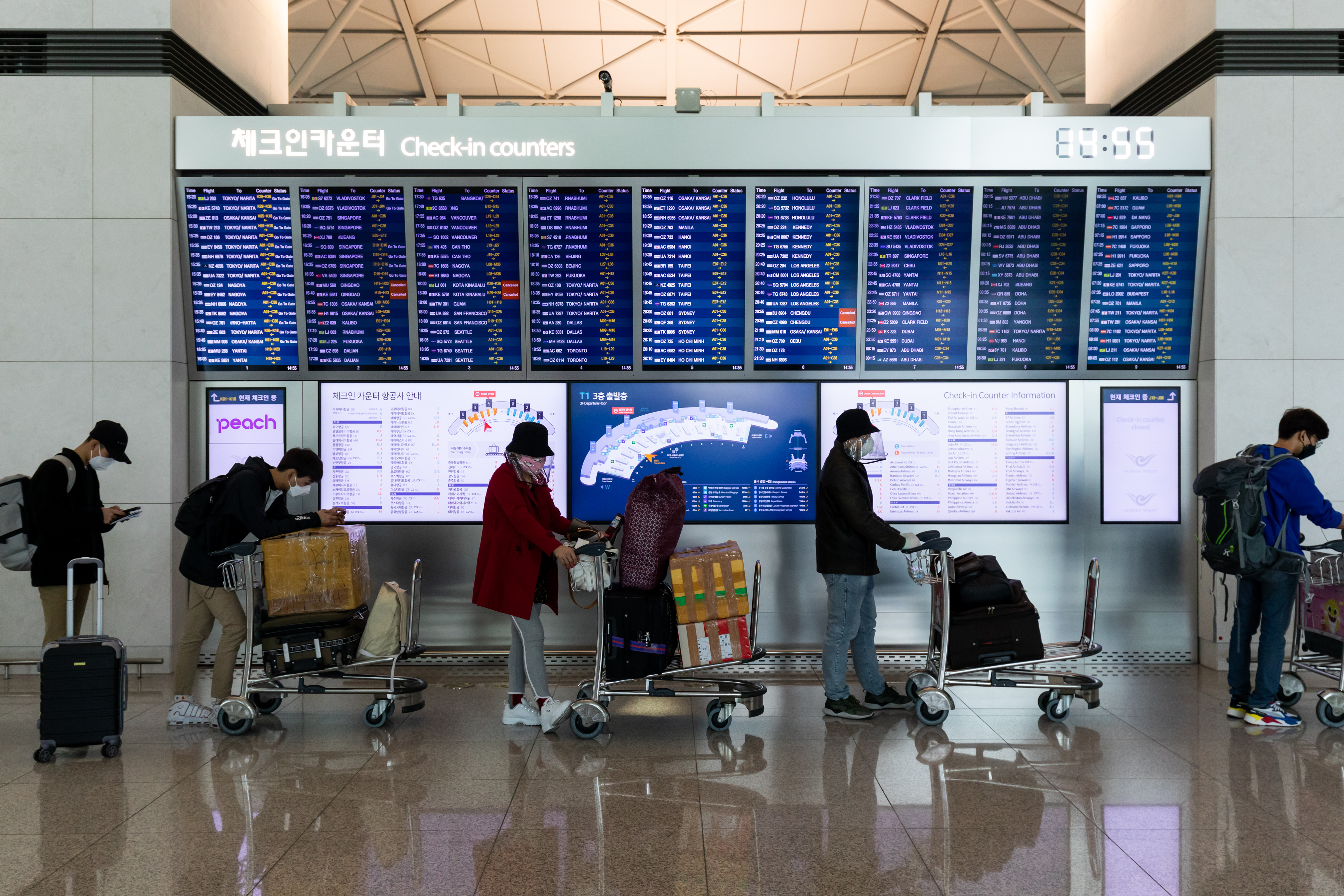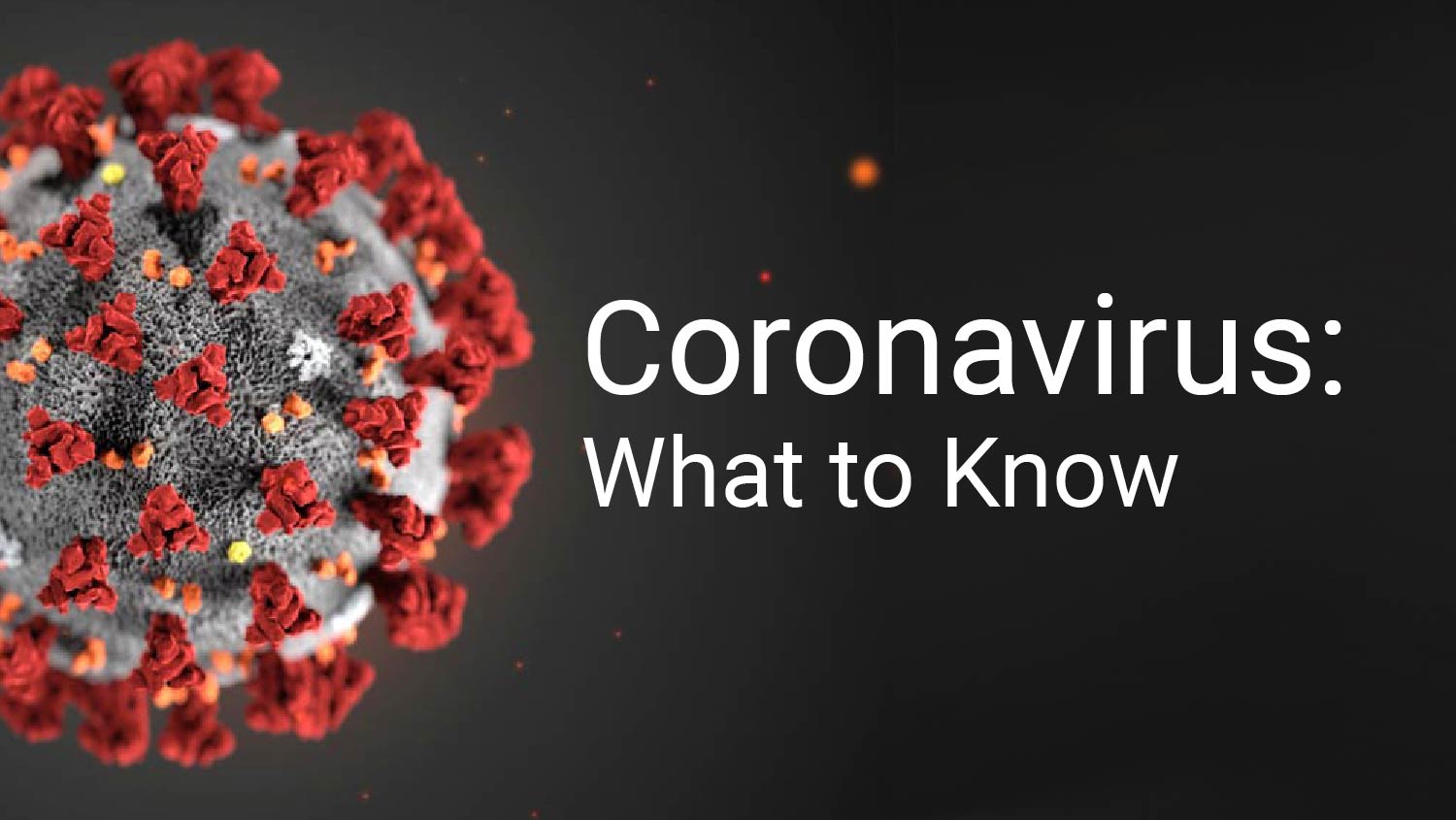The U.S. government says a new rule disqualifying more people from green cards if they use government benefits will not apply to immigrants with coronavirus or virus symptoms if they seek care.
U.S. Citizenship and Immigration Services said late Friday that seeking treatment or preventive services won’t affect someone’s immigration status under the new, highly criticized public charge rule, which took effect last month and which punishes immigrants who need public assistance.
The agency acknowledged that some immigrants may fear seeking care in the wake of the virus, saying that it “will neither consider testing, treatment, nor preventative care" related to the virus in determining someone's eligibility for permanent residency. It said that those who can't work or attend school and must rely on public benefits during the duration of the virus outbreak and recovery can later explain and provide documentation and that it will be taken into consideration.
Get Tri-state area news and weather forecasts to your inbox. Sign up for NBC New York newsletters.
The announcement came after lawmakers and advocacy groups urged the government to suspend the rule during the coronavirus outbreak. Advocates say they have been fielding panicked calls from immigrants who are worried about the impact on their status if they seek health care.
Angelica Salas, executive director of the Coalition for Humane Immigrant Rights in Los Angeles, said her group and others held a news conference urging immigrants to seek care if needed and reminding them that their health, and the health of their families, is most important.
“People are wondering about their vulnerability both in terms of disease but their vulnerability in terms of immigration status, in terms of being discovered,” she said.
Salas said she doesn’t fully trust the Trump administration but feels confident that state, county and local authorities will support immigrants who come forward to seek the health care they need, regardless of their immigration status.
Advocates have long derided the public charge rule, which punishes immigrants who are in the country legally and who are allowed to access some benefits, such as food stamps, for their American-born children.
As the coronavirus began to spread more widely in the U.S., supporters and lawmakers cautioned it could be detrimental to public health if some immigrants were too afraid to seek care.
Iván Espinoza-Madrigal, executive director of Lawyers for Civil Rights Boston, said his organization got a request for legal support from a woman who worked in hospitality industry in Chelsea, Massachusetts. The woman said her work schedule is in flux, and she doesn't have a steady income. She wanted to apply for food stamps for her 9-year-old son, a U.S. citizen, but was too afraid. Now, with her son's school closing down indefinitely, she was even more concerned.
“There is a tremendous reluctance, even among immigrant parents raising U.S. citizen children. There is a lot of fear surrounding the public charge rule, especially because immigration courts have remained open, creating a strong impression that removal proceedings trumps public health concerns," Espinoza-Madrigal said.
Coronavirus Outbreak Coverage
On Thursday, Democratic lawmakers pressured Ken Cuccinelli, acting deputy secretary for the Department of Homeland Security, to suspend or disregard the rule during the virus outbreak. Cuccinelli said the public health exemptions written into the rule already addressed that issue.
U.S. Rep. Pramila Jayapal, D-Washington, said the rule scares away people from seeking care, posing a public health risk for everyone. She tweeted after the new statement on Friday: “This is a huge win for immigrants, public health AND everyone!”
Associated Press reporter Amy Taxin contributed to this report



